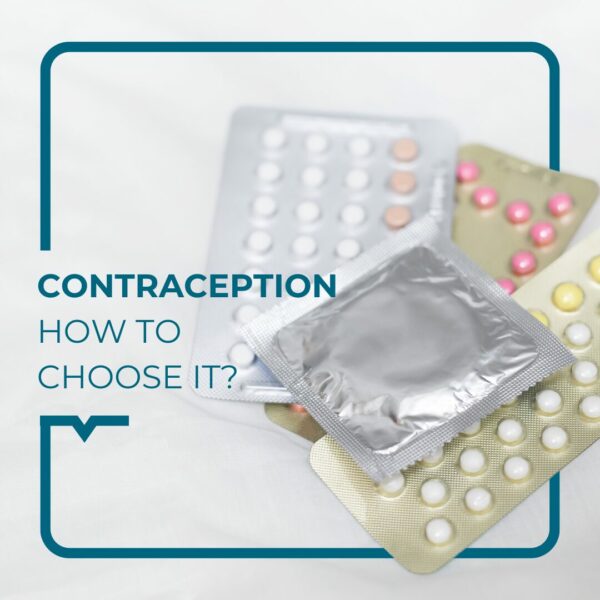Understanding Parathyroid Disorders
In this article, we take a look at parathyroid disorders and the symptoms to watch out for.
Read more

In a re-education context, physiotherapy aims to improve a person’s functional abilities, whether in terms of movement or posture. In a rehabilitation context, it aims to help the person adapt to new conditions.
This discipline uses different methods, such as massage, mobilisation and adapted exercises to relieve physical pain, restore normal muscular function and ease psychological tension.
Physiotherapy addresses both muscle and bone structures, and focuses on the injured part of the body, while osteopathic treatment treats the body as a whole.
The benefits are many; acting against muscular tension, relieving pain, facilitating the recovery of movement and joint amplitude, thus improving the body’s mobility, and contributing to relaxation and stress management.
Following trauma (sprain, fracture, tendinitis)
Scoliosis
Lower back pain
Rheumatism
Osteoarthritis
Postural problems
Respiratory disorders
Following a stroke
After prolonged bed rest
INVESTIGATION: At the first appointment, the physiotherapist interviews the patient to find out about the reason for consultation, personal, medical and family history, professional and daily activities, and lifestyle habits.
PHYSICAL EXAMINATION: The physiotherapist carries out a physical examination. Additional examinations such as X-rays, MRI and CT scans may be necessary.
DIAGNOSIS AND TREATMENT: In agreement with the patient, the therapist will draw up a treatment protocol tailored to each patient, consisting of a number of sessions and specific exercises.
Book an appointment

In this article, we take a look at parathyroid disorders and the symptoms to watch out for.
Read more

Contraception is an essential aspect of the reproductive health of women and couples. It helps to plan the number and spacing of pregnancies, thus providing control over their family life.
Read more

You have just learned of a happy event? Congratulations! But being pregnant abroad can be stressful! Dr Joy has put together the ultimate guide to pregnancy in Lisbon!
Read more